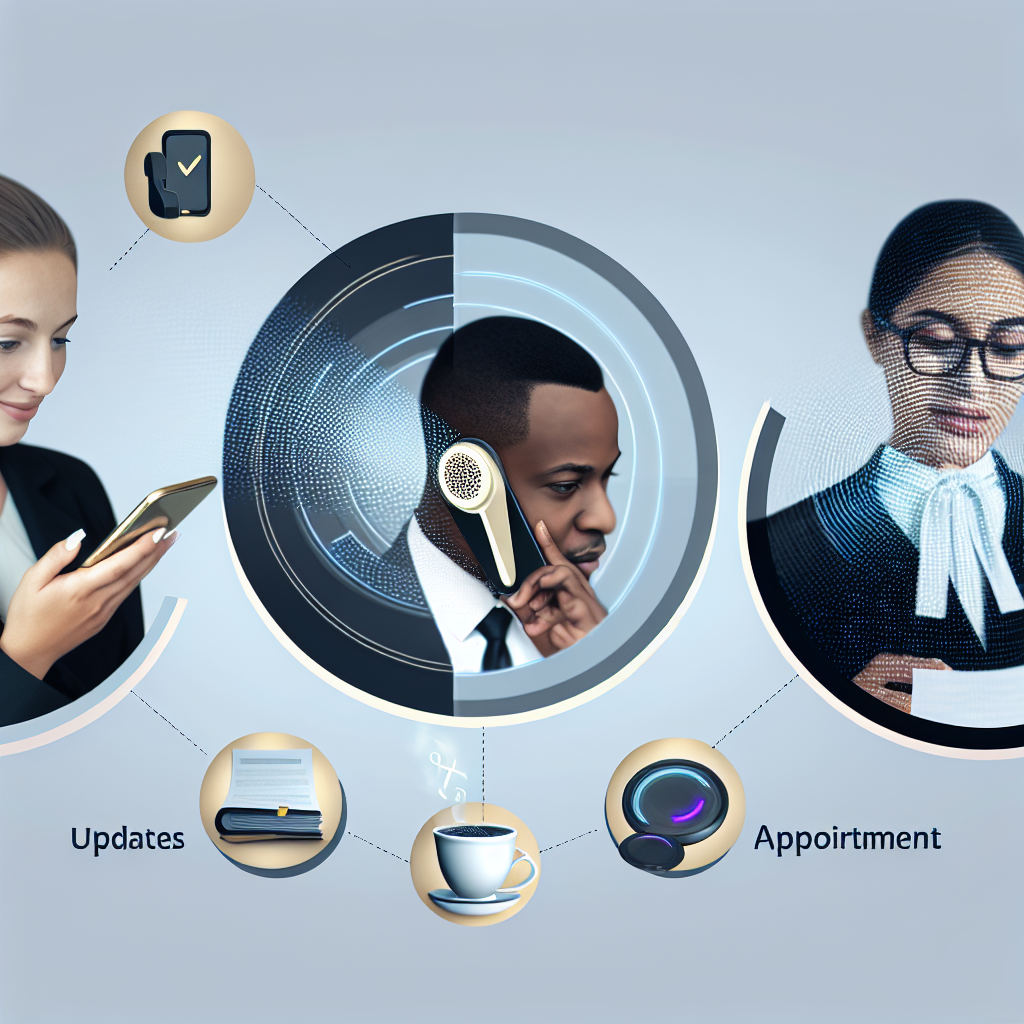Introduction
In recent years, the legal sector has increasingly embraced technological advancements, particularly Voice AI technology. With its ability to streamline operations, enhance client engagement, and improve efficiency, Voice AI offers numerous applications within legal services. Among its most effective use cases are appointment scheduling, client updates, and document handling which ultimately transform the client experience and enhance operational effectiveness.
Appointment Scheduling
One of the most practical applications of Voice AI technology in legal services is appointment scheduling. Traditionally, lawyers and their administrative staff manage appointment requests through phone calls and emails, a process that can be time-consuming and prone to miscommunication. By integrating Voice AI into appointment systems, law firms can automate the scheduling process, allowing clients to set or modify appointments through natural language interactions. This not only saves time for both clients and staff but also minimizes scheduling conflicts and enhances client satisfaction.
Client Updates
Another critical area where Voice AI adds value is in keeping clients informed about their case status. Legal proceedings often involve complex timelines and multiple updates, making it essential for clients to stay in the loop. Voice AI can be utilized to provide automated updates via voice calls or messages, allowing clients to receive timely information at their convenience. This proactive communication fosters stronger relationships between legal professionals and their clients, instilling a sense of trust and transparency.
Document Handling
Document management is a cornerstone of legal practice but can often be labor-intensive and error-prone. Voice AI technology can streamline this process by enabling attorneys to dictate notes, memos, or legal documents accurately. Instead of manually typing, legal professionals can use their voice to create drafts, which can then be automatically transcribed and organized. This not only increases productivity but also allows lawyers to focus more on strategic legal issues rather than administrative tasks.
Conclusion
As the legal landscape becomes increasingly competitive, the adoption of Voice AI technology offers significant advantages in various operational areas. By improving appointment scheduling, enhancing client communication, and streamlining document handling, law firms can improve efficiency and better serve their clients. Ultimately, leveraging Voice AI represents a strategic investment in the future of legal services, ensuring firms remain responsive in an ever-evolving market.

